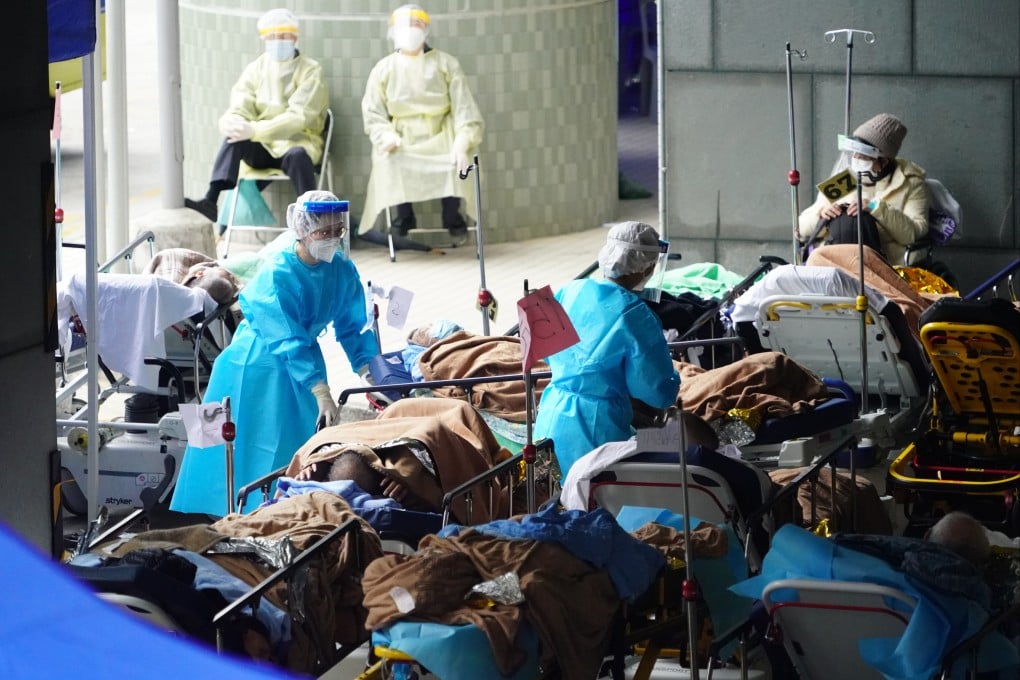Letters | Covid-19 fifth wave has exposed Hong Kong’s deep flaws – from housing and health care to a lack of empathy
- Readers question whether the city could have done more to prepare for its latest and worst Covid-19 outbreak, call for more help from the mainland, and highlight how delays by officials are keeping people in isolation for longer than required

The fifth wave of the pandemic has laid bare some harsh realities for Hong Kong society. Deep rifts between different groups, lack of proper infrastructure and inadequate social care – Omicron has unveiled just how vulnerable we really are.
For decades, people have lived in cramped flats in public housing estates, multiple generations living together in one tiny space. A social setting like this not only makes home isolation unfeasible, but also makes remote working – which is now the norm for most office workers – difficult, if not impossible.
All this raises a serious question about what could have been done in the last couple of years to prepare the city for a crisis of this magnitude, given that we had the luxury of being largely Covid-free.